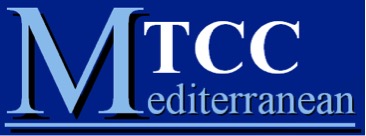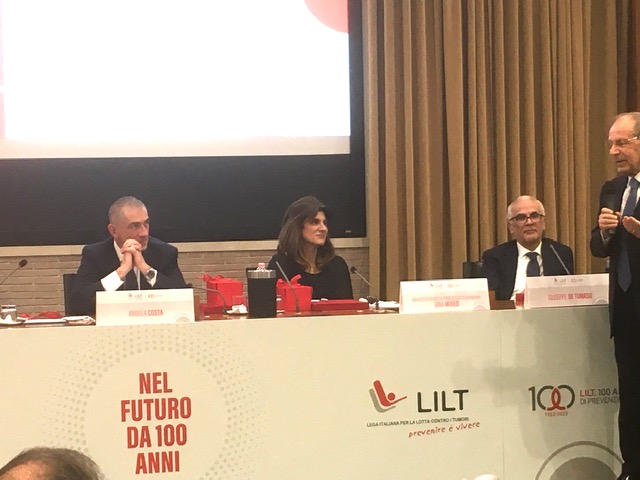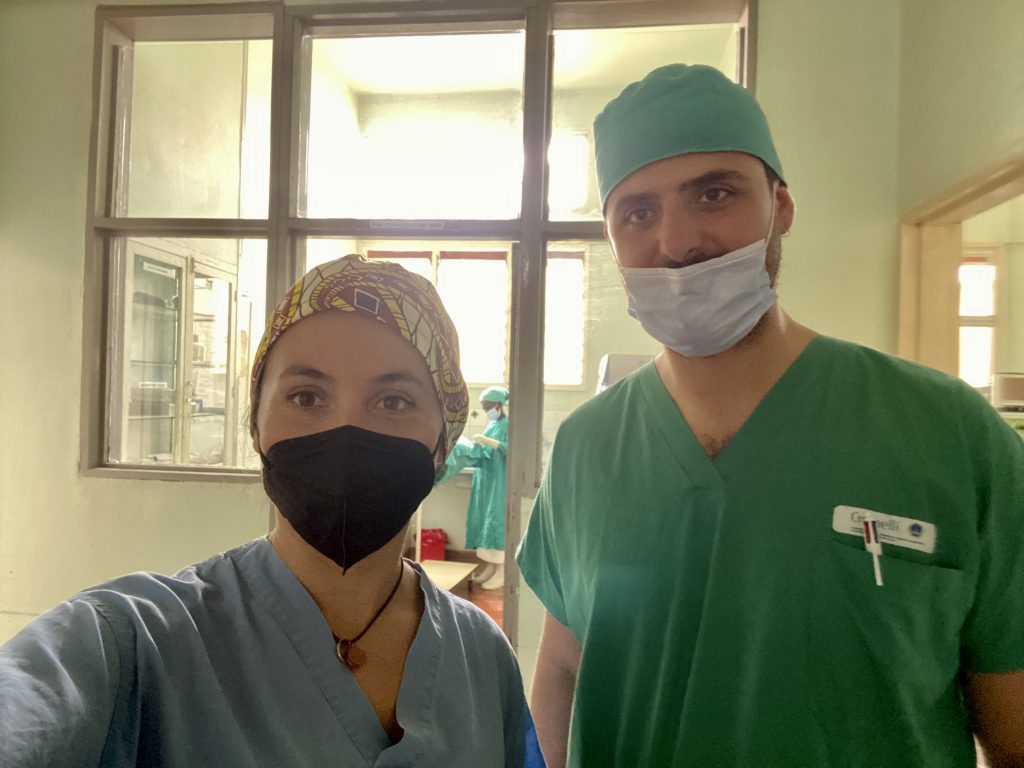


Mediterranean Taskforce for Cancer Control
Cancer Prevention, Screening, and Early Detection are rather neglected actions in most of the Mediterranean bordering countries, with a sensitive burden on health costs and suffering incurred for the cure of advanced-stage disease. Due to the aging of the population and the changes in environment and lifestyles, cancer incidence and mortality are becoming a global health emergency. They will soon become a priority for national Health Authorities, also in view of decreasing economic resources. World Health Organization’s data clearly shows how the survival of cancer patients, because of late diagnosis, is directly proportional to the amounts of resources allocated to prevention and early diagnosis.
A Mediterranean Task Force for Cancer Control (MTCC) was established in 2004 as a Non Profit non Governmental Organization (NGO), open to representatives of the Mediterranean bordering countries as well as other countries.
Representatives from Albania, Algeria, Bosnia-Herzegovina, Bulgaria, Croatia, Egypt, France, Greece, Iran, Italy, Jordan, Kosovo, Lebanon, Libya, Macedonia, Montenegro, Morocco, Palestine, Portugal, Slovenia, Spain, Syria, Tunisia, Turkey. IARC and UICC expressed their support for the initiative.
The MTCC, managed by responsible and reputed professionals, aims to influence at the national level the appropriate institutions and bodies (lawmakers, stakeholders, health officials, voluntary organizations, etc.) to prioritize health policies that enforce prevention and early diagnosis, in contrast the foreseen increasing cancer burden.
A call for action
Among Non-Communicable Diseases, Cancer has been recognized, by the United Nations in 2013, as a Global Emergency. http://www.who.int/nmh/events/un_ncd_summit2011/en/
In this context, Prevention and Early Diagnosis are recommended as priority strategies in view of the diminishing economic resources and the skyrocketing prices of treating advanced diseases. The latter will undoubtedly produce broader unequal access to treatments resulting from differences in individual income.
Although cancer research has progressed at a rapid pace, a gap remains between what is known about how to improve cancer prevention and early diagnosis and what is implemented as best practices in the given health system and communities (Cancer Epidemiol Biomark. Prev. 23(11); 2512–21. 2014 ).
This is medically Unjustified and Unethical from whatsoever point of view and for any health provider since a large proportion of the most commonly occurring tumors can be efficiently prevented and diagnosed at early curable stages.
Thus dissemination and implementation policies, which seek to pursue means of translating effective interventions into practice, is critical to narrowing the present research-to-practice gap, otherwise bound to wide
MTCC has recognized these issues, since 2005, as funding mission and legacy (see AIMS and Mission) by embodying in the By-Laws (see art.2) these principles (see By-Laws Section):
- reduce cancer mortality and the burden of advanced disease in the Mediterranean area by promoting prevention/early diagnosis;
- promote collection and use of information for professional and public education;
- increase the proportion of Mediterranean citizens who have access to state-of-art cancer screenings, diagnoses, treatments, and palliative care;
- influence policies and promote programs and activities to eliminate disparities in cancer control in relation to gender, race-ethnicity, insurance & socioeconomic status, and place of residence.
Thus MTCC acted consequently addressing this alarming situation by three specific actions:
Information: Multilingual Primary and Secondary Prevention Brochures;
Education: Postgraduate Courses;
Training: Full immersion Teaching Courses.
MTCC advocates that Cancer is not only a medical issue but requires the involvement of the largest number of stakeholders, including non-doctor health officers, administrators, schools, patients’ advocacy groups, and survivors ( see Past Activities).
January 2022: Our Honorary Member, Princess Dina Mired is
acknowledged for the tireless effort in the fight against Cancer by The Italian League for the fight against Cancer (www.LILT.it) celebrating its 100 Anniversary

March 2022: Our young Member, Dr. Valentina Iacobelli, corresponds from Africa where she is participating in a humanitarian mission aimed at decreasing the occurrence of advanced gynecologic malignancies
